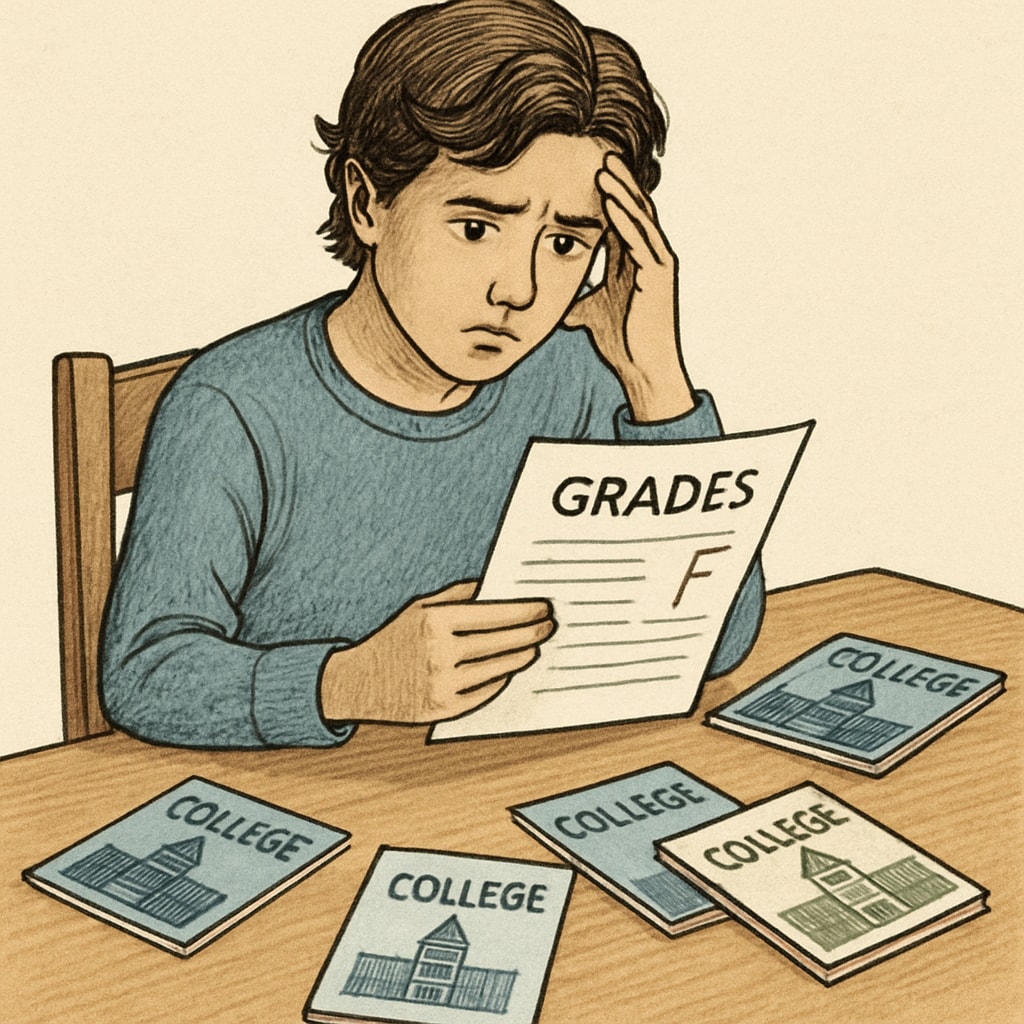When applying to elite institutions like Harvard University, many students worry that a single low grade could jeopardize their chances. The pressure to maintain perfect grades across all subjects can be overwhelming, especially for those aiming to stand out in a competitive applicant pool. But does a low grade in one subject really ruin your Harvard application? The answer lies in understanding how admissions officers evaluate candidates holistically, emphasizing a range of factors beyond the academic transcript.

How Harvard Evaluates Applications Holistically
Harvard, like other Ivy League universities, adopts a holistic admissions process. This means that while academic performance carries significant weight, it is not the sole determinant of acceptance. Admissions officers consider a variety of factors, including extracurricular activities, leadership roles, personal essays, recommendation letters, and standardized test scores. For example, a student with a slightly lower grade in one subject may still impress admissions committees through exceptional achievements in other areas.
Harvard’s admissions philosophy is outlined in their “What We Look For” guide, which emphasizes qualities like intellectual curiosity, character, and potential to contribute to the community. This holistic approach ensures that applicants are evaluated as individuals rather than mere numbers on a report card.
Making Up for Weaknesses: Strategies for Applicants
If you’re concerned about a low grade in one subject, there are actionable steps you can take to offset its impact on your application:
- Explain the Context: Use your personal essay or additional information section to provide context for the grade. Was it due to extraordinary circumstances, such as illness or a lack of resources?
- Highlight Strengths: Focus on subjects where you excel. For example, if your low grade is in math but you’re an outstanding writer, showcase your accomplishments in English or creative writing competitions.
- Show Improvement: Admissions officers value growth. Demonstrating an upward trend in your academic performance can mitigate the impact of past shortcomings.
- Leverage Recommendations: A strong recommendation letter can provide insight into your character, work ethic, and resilience, helping to overshadow a weaker grade.
By addressing the issue proactively, you can turn what seems like a disadvantage into an opportunity to showcase your determination and adaptability.

Why One Low Grade Isn’t a Dealbreaker
It’s important to remember that no applicant is perfect. Even among Harvard’s admitted students, few have flawless transcripts. Admissions committees understand that students are human and may struggle in certain areas. In fact, showing resilience in the face of challenges can enhance your application.
As noted by Britannica’s overview of Ivy League admissions, these institutions value diversity in their student body. This includes diversity of experiences, perspectives, and academic strengths. A single low grade, when balanced by other compelling elements, is unlikely to disqualify you.
Final Thoughts: Focus on the Big Picture
While it’s natural to worry about imperfections in your academic record, it’s crucial to focus on the bigger picture. Admissions officers at Harvard and other prestigious universities strive to identify candidates who will thrive in their environment and contribute meaningfully to their campus community. A low grade in one subject, when framed thoughtfully, can become a minor detail in an otherwise outstanding application.
As a result, students should prioritize showcasing their unique strengths, character, and potential. By adopting a strategic approach and presenting a well-rounded application, you can keep your Harvard dream alive—regardless of a few academic blemishes.
Readability guidance: Use short paragraphs and bullet points to summarize key ideas. Incorporate transitions such as “however,” “as a result,” and “in addition” to maintain flow. Balance technical explanations with relatable examples to enhance engagement.


